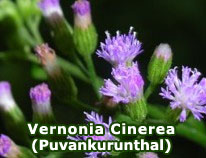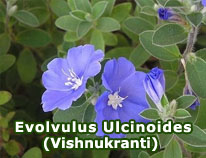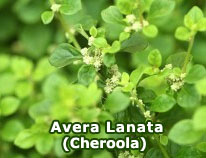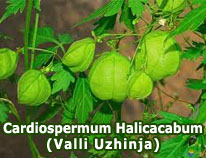The Power of Indian Traditional Organic Food
April 16th, 2007 | admin
India has one of the richest and the spiciest culinary traditions of whole world. Just as Indian traditional is tasty, it is also healthy. Going by the traditional food practices of Kerala and India, one can find all the healthy elements of balanced diet weaved together in a unique manner.
Ayurveda explained qualities of food based on its taste. A balance in taste is balance in dietary and nutritional requirements.
Tuber crops of India, which is a rare and priced commodity is rich in easy to digest carbohydrates, which are easily assimilated by the human body.
Compulsory inclusion of fruits of varying kinds ensures supply of essential vitamins and trace minerals to the body. It also adds bulk to the food, keeping colon and digestive system healthy and functional.
Spices and condiments used in Indian food especially promote digestion and assimilation of food. Ginger has cooling effect on body, while turmeric has purifying and detoxification capacity. Indian black pepper, fenugreek, cumin seeds, mustard, chillies (cayenne pepper), asafoetida, cardamom, etc have medicinal properties.
Each and every part of traditional Indian food items plays a significant role in getting a balanced diet. There is balancing force acting within the dietary components, which can’t be found in any diet anywhere in the world.
Indians traditionally were not so fond of non-vegetarian food. The requirement of proteins and lipids were mainly met by consumption of legumes, lentils, green gram, etc.
Indian traditional food also put great emphasis on balancing of food items. Incompatible food items were considered poisonous. Ayurvedic food combination was the general principle followed in Indian food tradition.
Leaving this wonderful food habit behind necessarily is one of the prime reasons for Indian people succumbing to more diseases than in the past.














 Loading ...
Loading ...





